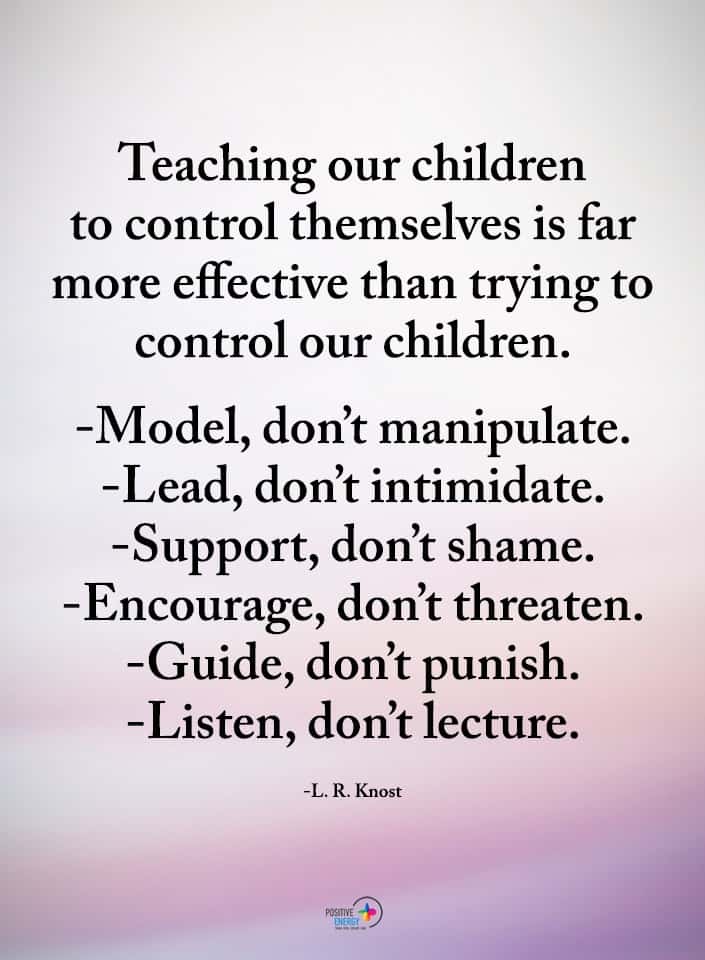Here’s what children learn from you.
When we think about the lessons children absorb each day, we often consider their time in school with their friends and teachers. We may also think about the skills they learn from hobbies and sports. Yet, one of the most profound classrooms for a child is the home, where the adult relationships they observe shape their understanding of the world and their place within it.
Undoubtedly, adult relationships are between their parents – married or not. But they can also include interactions between their guardians and grandparents or new partners or friends.
12 Things Children Learn From Adult Relationships
Their little eyes are always watching; their minds absorb like a sponge. That’s not an opinion – an article published by NIH agrees that observation is a powerful learning tool for kids.

1 – The Mirror of Adult Relationships: A Child’s First Learning Ground
Some refer to the child’s home as their first school. Indeed, kids will never erase the lessons learned within its walls. The dynamics of adult relationships act as a mirror, reflecting the complexities of human interaction that textbooks and formal education seldom touch upon.
Children, in their formative years, absorb all the nuances of partnership, respect, and love they witness within the walls of your home. These observations become the silent teachings that shape their perceptions of what it means to connect with others, to be part of a family, and to contribute to a community.
How adults manage their relationships sets a precedent for children’s future interactions, teaching them about the balance of give and take that is essential in any healthy relationship.
2 – Understanding Relationships Through Observation: The Unspoken Curriculum
Observation is a child’s gateway to understanding the world. As they watch the adults in their lives, they learn a silent lesson on effective communication. How a parent asks for help, how a couple shares joy, or the calmness with which one handles a difficult situation all contribute to a child’s education. In fact, the home is where little ones learn interpersonal skills.
Witnessing parents reacting to everyday moments teaches children that communication extends far beyond words. They see it as an art form involving listening, interpreting non-verbal cues, and responding empathetically. These early lessons in communication are fundamental, equipping children with the tools they need to navigate their relationships throughout life.
3 – Conflict Resolution: The Art of Finding Middle Ground
Conflict is an inevitable part of human relationships. But it is not the presence of conflict that impacts children the most; it is how they see compromise in the resolution.
Observing adults engage in healthy conflict resolution teaches children that disagreements are natural. They also see how to resolve them through calm discussion and mutual respect. This is where children learn the art of negotiation, the importance of seeing different perspectives, and the value of finding a middle ground.
These critical skills help children grow into adults who can gracefully and maturely handle life’s challenges.
4 – Empathy and Support: The Heart of Human Connection
Empathy is a cornerstone of emotional intelligence. Children learn this concept by watching the adults in their lives. When they see a parent being empathetic towards another’s plight, they learn that the world doesn’t revolve around them.
Instead, they see how they are part of a larger tapestry of human experience. This understanding is crucial in developing children who are compassionate and supportive.
They learn that sometimes, just being there for someone is the best way to show you care. This lesson in empathy and support helps children grow into adults who can build and maintain meaningful relationships.
5 – Trust and Reliability: The Building Blocks of Strong Bonds
Trust is not just a word; it’s a commitment. Children who observe trust in adult relationships learn it’s an ideal to value and uphold. They see that people should not break their promises but keep them to preserve their integrity.
This observation instills in them the importance of being reliable and trustworthy. As they grow, they carry these values into their future friendships. They quickly see that trust is the glue that holds relationships together, whether with friends, family, or future partners.
6 – The Value of Teamwork in Relationships: Together Everyone Achieves More
Teamwork is a lesson that children learn not only in sports or group projects at school but also at home. They observe adults collaborating, delegating, and supporting each other in tasks. Thus, children learn to leverage each person’s strengths to achieve a common goal.
This lesson is invaluable as it teaches children that no one is an island and that many of life’s endeavors can sometimes best be handled by cooperating with others. They learn the importance of cooperation, the joy of shared success, and the sense of belonging from being part of a team.
These are lessons that they will carry into every group they become a part of, knowing that unity is strength.

7 – The Importance of Personal Space: Balancing Togetherness and Individuality
In the dance of adult relationships, personal space is like the pause between steps. It’s essential for maintaining rhythm and harmony. Children learn about the significance of personal space when they see adults taking time for themselves.
This lesson teaches them that while relationships are integral to life, personal growth and self-care are equally important. They understand everyone needs room to breathe, pursue their interests, and be alone.
This balance is crucial for children to learn so they can grow into adults who respect their boundaries and the boundaries of others, recognizing that personal space is not about creating distance but about nurturing individuality within the context of a relationship.
8 – Expressing Love and Affection: The Language of Connection
The expression of love and affection is a language that children learn primarily from the adults around them. They see this in the gentle pat on the back, the encouraging smile, or the shared laughter over a meal.
Children learn how to communicate love in simple, everyday actions. They observe that love is not just a grand declaration but a series of small, consistent gestures that build a strong bond.
This understanding of love’s expressions helps children feel secure and valued and teaches them how to show affection to others in a genuine and nurturing way.
9 – Financial Cooperation and Healthy Relationships: Navigating the Practicalities of Life Together
Financial cooperation is a subtle yet powerful lesson that children learn from adult relationships. When they see adults discussing budgets, saving for the future, or making financial decisions together, they witness the partnership’s practical side.
This behavior teaches them that money, while not the most crucial thing in a relationship, is a tool that requires management and cooperation. They learn the importance of planning, the benefits of saving, and the responsibility that comes with financial stewardship.
These lessons in financial cooperation are foundational for children to become adults who can handle their finances with wisdom and teamwork.
10 – The Role of Humor in Relationships: Lightening Life’s Load
Humor plays a pivotal role in adult relationships, and its influence does not escape the watchful eyes of children. They learn that humor can be a powerful antidote to stress and a bonding agent. They also learn how it’s a way to bring joy into the everyday. W
When children see adults laughing together, not taking themselves too seriously, and using humor to deal with the ups and downs of life, they understand that life doesn’t always have to be so heavy.
This information teaches them to approach their challenges with a lighter heart and value the laughter and joy that come from sharing moments of humor with others.
11 – Handling Stress and Anxiety: Strategies for a Balanced Life
Children are wise to the ways adults handle stress and anxiety. When they see adults practicing self-care, discussing their worries, or using healthy outlets like exercise to manage stress, they learn valuable coping strategies.
These observations teach children that stress and anxiety are natural, but they don’t have to be overwhelming. They learn that approaching adult problems head-on is part of maintaining a balanced life and healthy relationships.
12 – The Power of Forgiveness: Healing and Moving Forward
Forgiveness is one of the most profound lessons learned from adult relationships.
Children who witness forgiveness in action see it possible to let go of hurt and mend bridges. They also learn how to move forward after someone hurts them.
This adult behavior teaches them the strength of character it takes to forgive and the peace of reconciliation. Understanding the power of forgiveness is essential for children to develop into adults who do not hold onto bitterness. Instead, they learn about choosing to heal and grow from their experiences.
Final Thoughts on the Things Children Learn From Adult Relationships
Children learn by observing every adult interaction. These can include a moment of support, conflict, or how they resolve conflicts. The relationships they witness are not just between the people involved but also serve as a blueprint for the young minds that are always watching and learning.
As they grow, these lessons form the foundation of their understanding of relationships. Thus, these adult interactions shape how children will one day interact with the world around them. What message will you send?
The post 12 Things Kids Learn from Adult Relationships appeared first on Power of Positivity: Positive Thinking & Attitude.






